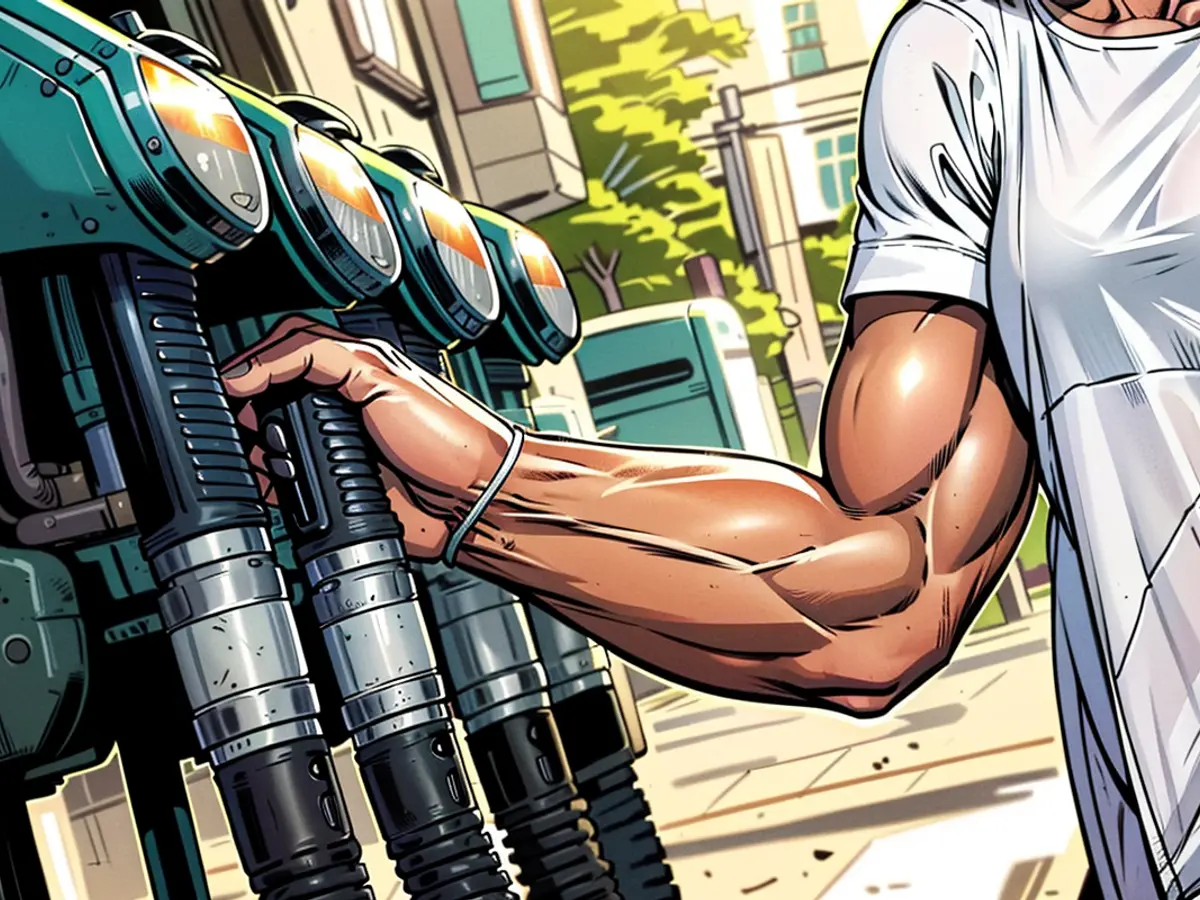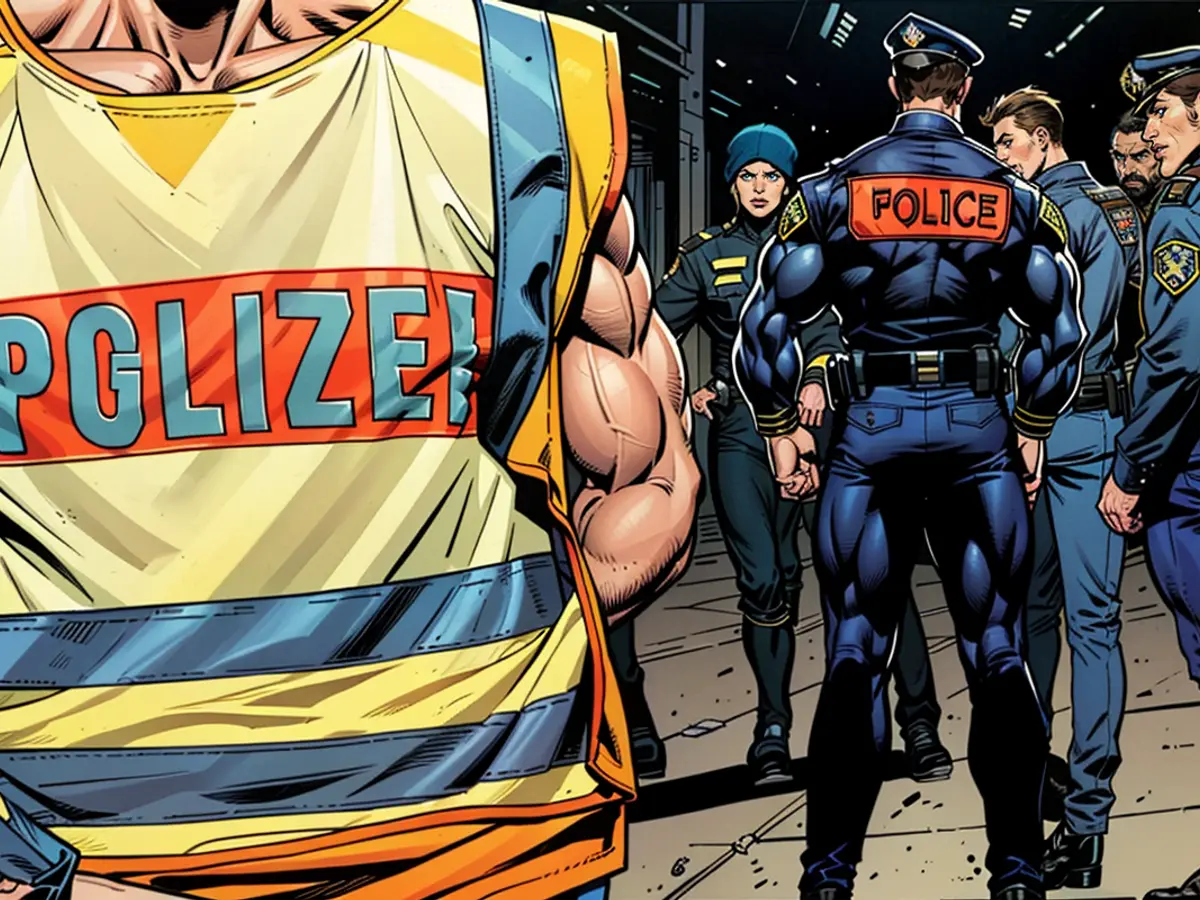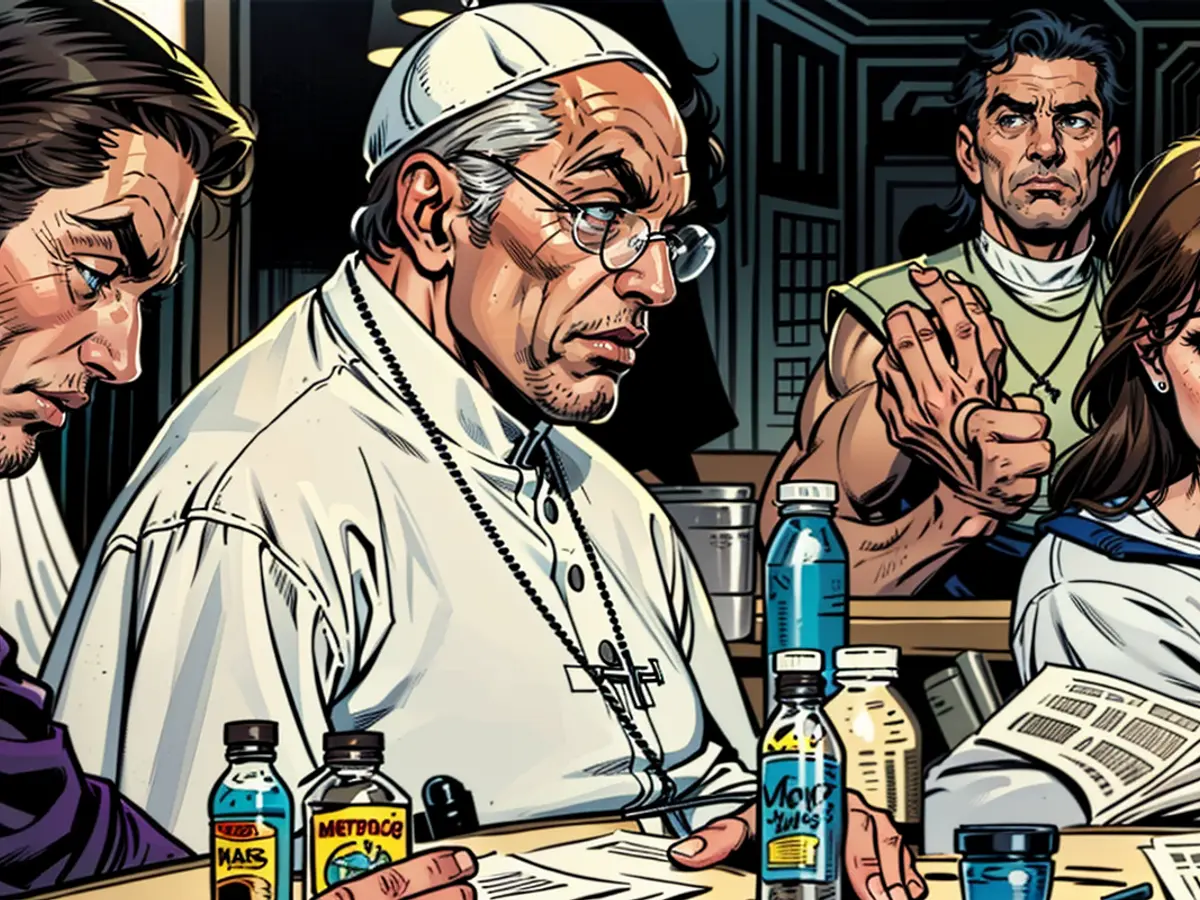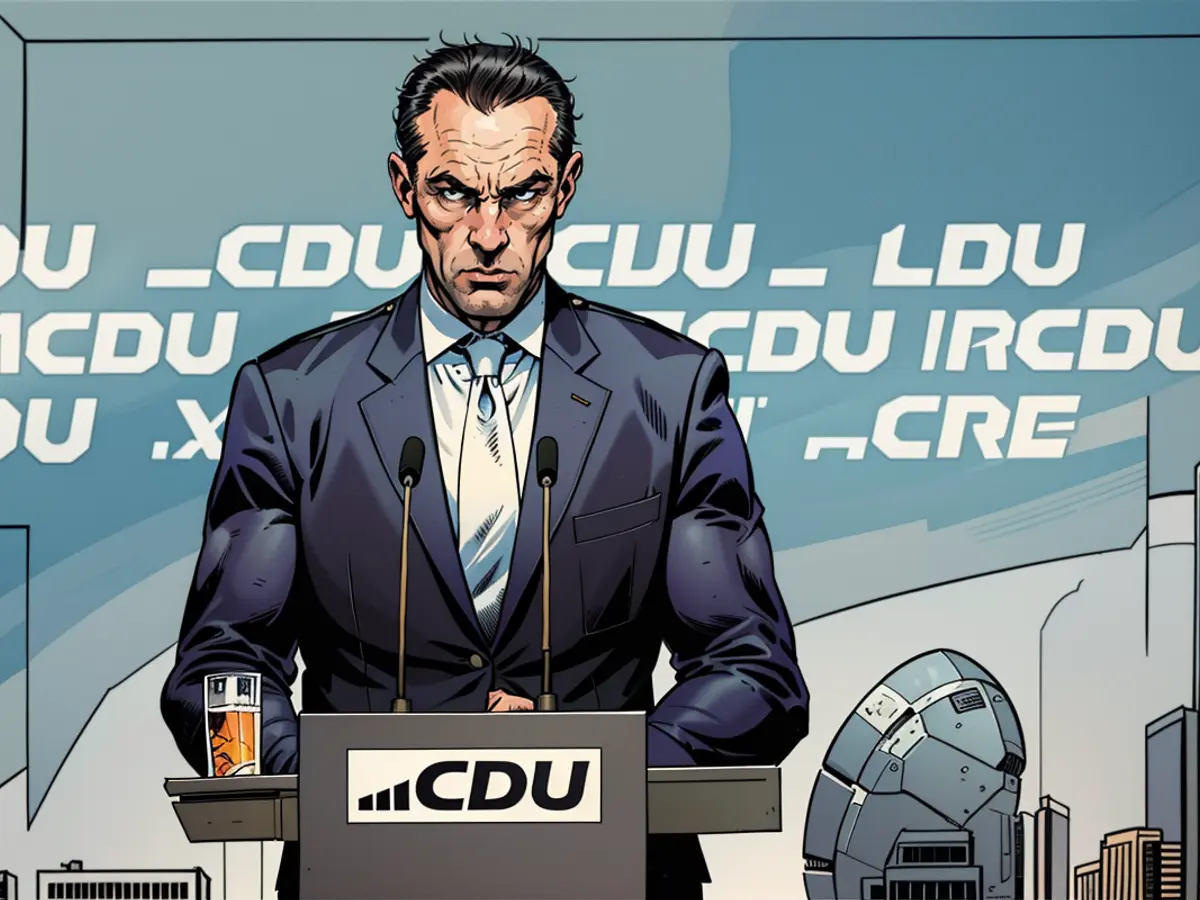Viewpoint: The development of Bill Maher.
Since the inception of his show "Politically Incorrect" on Comedy Central in 1993, Bill Maher has established himself as a truth-teller, defying allegiance to any political party or ideology. His fearlessness in the face of censorship earned him notoriety, which reached new heights after his controversial comments following the September 11 attacks. The US government was branded as "cowardly," attracting ire from stations that withdrew his show and a condemnation from the White House press secretary. Eventually, ABC cancelled "Politically Incorrect."
In his most recent book titled "What This Comedian Said Will Shock You," Maher touches on a variety of topics in 24 topical chapters, including internet influencers, Republican radicalism, marijuana legalization, football brain injuries, fraternities, and the behavior of today's youth. Unlike prior books that were mostly compilations of his TV show content, "What This Comedian Said" is more articulate in expressing Maher's worldview.
Despite his status as a provocateur, his views are rooted in a longing for times gone by rather than being subversive. In a world now saturated with woke Democrats and out-of-control Republicans, Maher hasn't altered his convictions. He even references a 1994 Playboy piece "The Reluctant Conservative" where he explains his personal transformation into a more conservative thinker, while still championing liberal principles. To emphasize his sameness over the years, he states, "I feel fundamentally the same."
If Maher were to explore his past to understand societal shifts, he would realize that perhaps not as much has changed as he claims. The rebranded "political correctness" of today, often dubbed "wokeness," shares the same premise as its 90s counterpart - the left aspires to control politics, institutions, and even language in an effort to promote a more inclusive society.
"What This Comedian Said" is haunted by Maher's longing for the America of the late 20th century. Dejected at the state of modern education, he laments, "College today is not the college you remember." He expresses remorse over the decline of "old school" journalism, "People used to get their news from newspapers." His frustration with modern manners and values is palpable, "Cell phones have obliterated courtesy." "Nobody knows what words mean anymore." His resentment towards technology has made him sound like a modern-day grouchy "60 Minutes" commentator, Andy Rooney.
However, Maher's complaints about modern times are largely direct descendants of the political correctness controversy of the 1990s. By comparing wokeness to a previous era, he contends that woke ideas have become a dangerous authoritarian force. His book, like his show and former comedy specials, laments the rise of political correctness after 2016. He apologetically remarks, "Things were easier for me, and it was easier for people to understand me... Before wokeness, at first a noble directive to remain alert to injustice, morphed into an ugly authoritarianism, and often in support of bad ideas."

Forgetting his role in the original political correctness panic, Maher erases the outcomes of that era. The verse "Before wokeness" glosses over the aftermath of the 90s political correctness crisis: most people embraced more inclusive language, schools implemented a broader curriculum, conservative politicians, and media figures made anti-PC commentary commonplace, and fringe terms faded into obscurity.
The continuous panic over "political correctness" or "wokeness" suggests a political advantage. By inciting fear of a perceived loss of individual rights, it granted conservatives the justification to roll back programs aimed at social inclusion and equality. Maher's fondness for exit times doesn't incur shock, but the romanticization of a bygone era showcases the many ways his brand of comedy had an impact on shaping the current political discourse.
Maher's show, known as "Politically Incorrect," introduced a unique mix of politics and entertainment which gained popularity on Comedy Central, and then was broadcast by ABC during their late-night slot. The crossover between these two realms was already happening before "Politically Incorrect."
For instance, former Vice President Richard Nixon showed up on the variety show "Laugh-In" in 1968, and in 1992, then-presidential candidate Bill Clinton played the saxophone on "Arsenio Hall."
"Politically Incorrect" featured a combination of actors, comedians, and politicians, resulting in a groundbreaking conversation where the actor's goal was to provide depth, while the politicians aimed for a few laughs. Additionally, the show targeted the "gasp" of the audience, which was awarded to individuals for crossing the threshold of good taste and offending norms. This proved to be Maher's unspoken talent: using shock to identify truth.
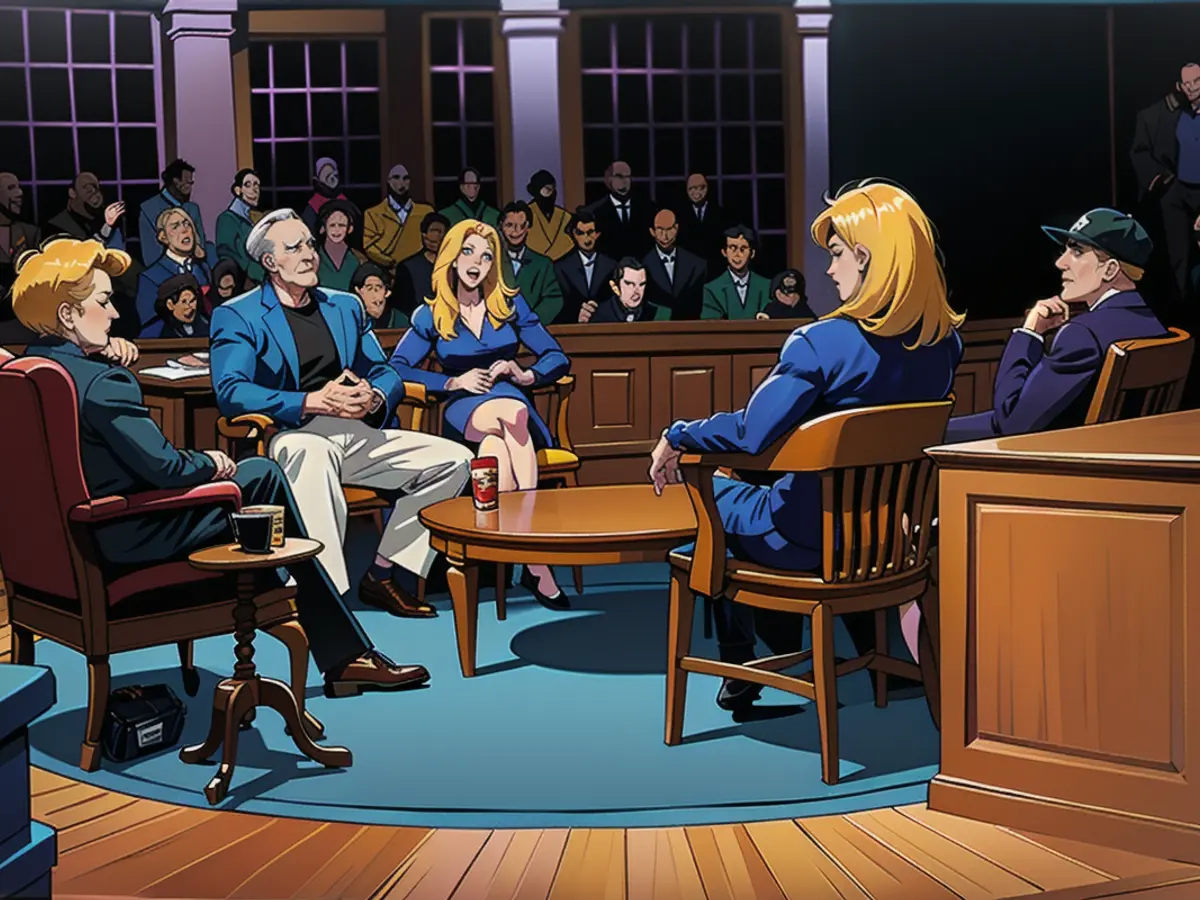
Notable guests on the show included conservative pundits Ann Coulter and Laura Ingraham, who fully embraced this lesson in their careers. The style that developed on their show later influenced the cable news commentary we see today, evidenced by the launch of both MSNBC and Fox News in 1996. In fact, Maher mentions in his new book that cable news commentators don't break stories, instead, they break down how to view them.
Politicians also learned from "Politically Incorrect," recognizing that audiences appreciated politics with a sense of humor and outrage. This theme is evident in Donald Trump, someone Maher despises. Maher admitted in his book that in this day and age, most people admire someone who speaks their mind unabashedly and apologizes for nothing. Although he blames the "professionally offended" for making Trump appealing, it's important to recognize that he himself has adopted this persona in his HBO show, "Real Time."
Maher continues to champion his role as a brave comedian ready to endure backlash to speak the truth. However, in the current political environment where offense is essential, particularly on the right, his approach appears less subversive and more routine and familiar. His criticisms, such as "kids are overlycoddled," "pronouns are confusing," and "popular music consists of just random noises during sex and songs about 'the booty'," lack the shock value he once had. He now resembles a typical host on Fox News rather than a dangerously edgy comedian.
Throughout the '90s, Maher has enjoyed a substantial influence on the political culture of the United States. Though people may still recall his early "shock humor," the real impact is undoubtedly his influence on today's political landscape, where those in power exploit righteous anger into policy shifts and political victories. It's his part in this story that will truly surprise you.
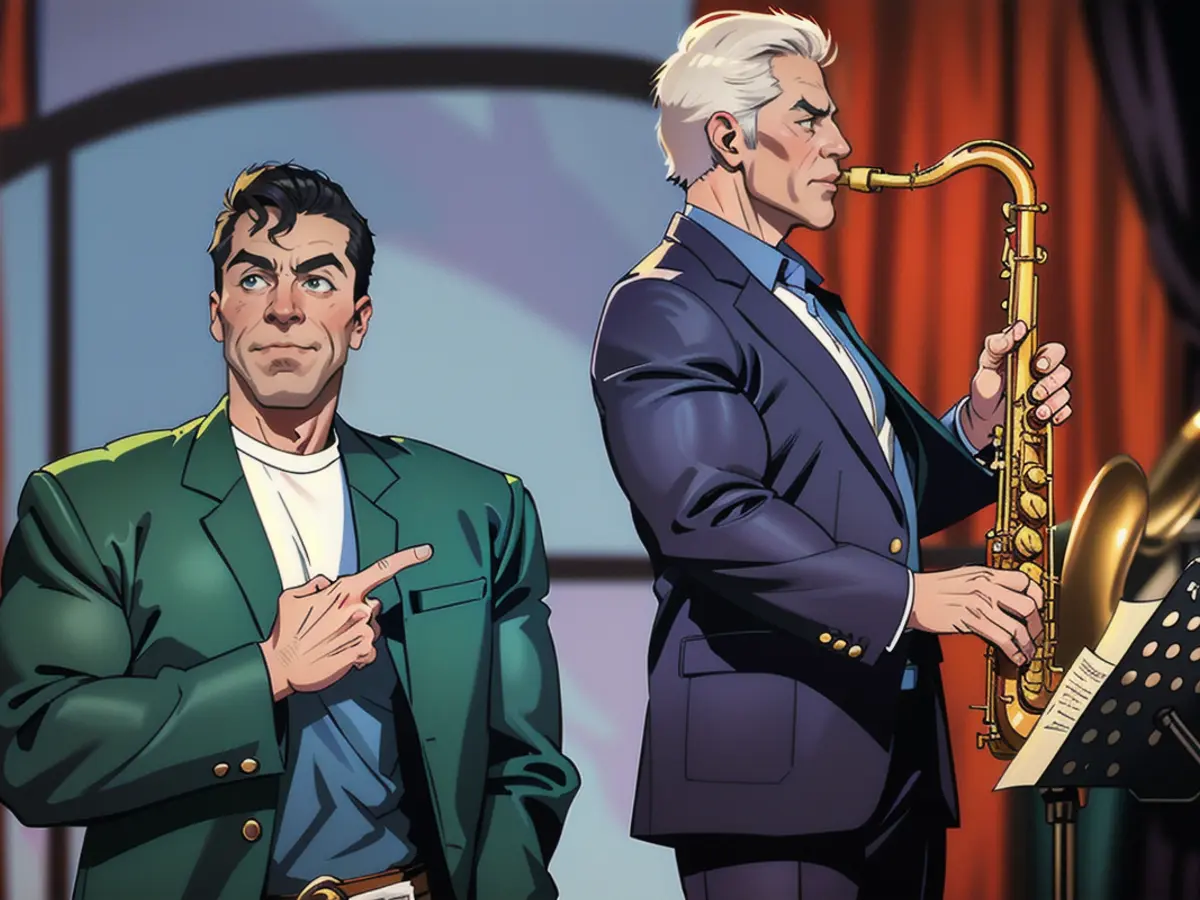
Read also:
- This will change in December
- Dikes withstand water masses so far - Scholz holds out the prospect of help
- Fireworks and parties ring in 2024 - turn of the year overshadowed by conflicts
- Attacks on ships in the Red Sea: shipping companies avoid important trade route
Source: edition.cnn.com

